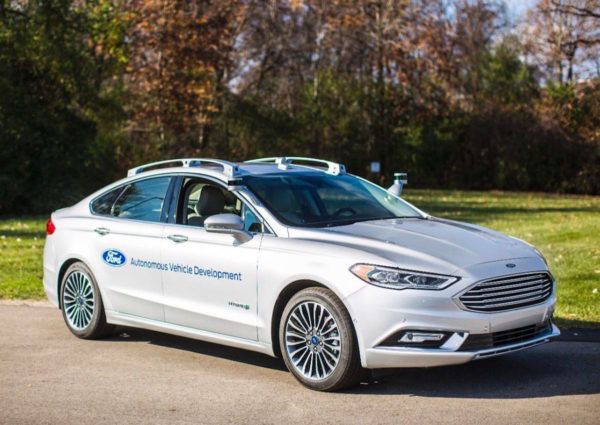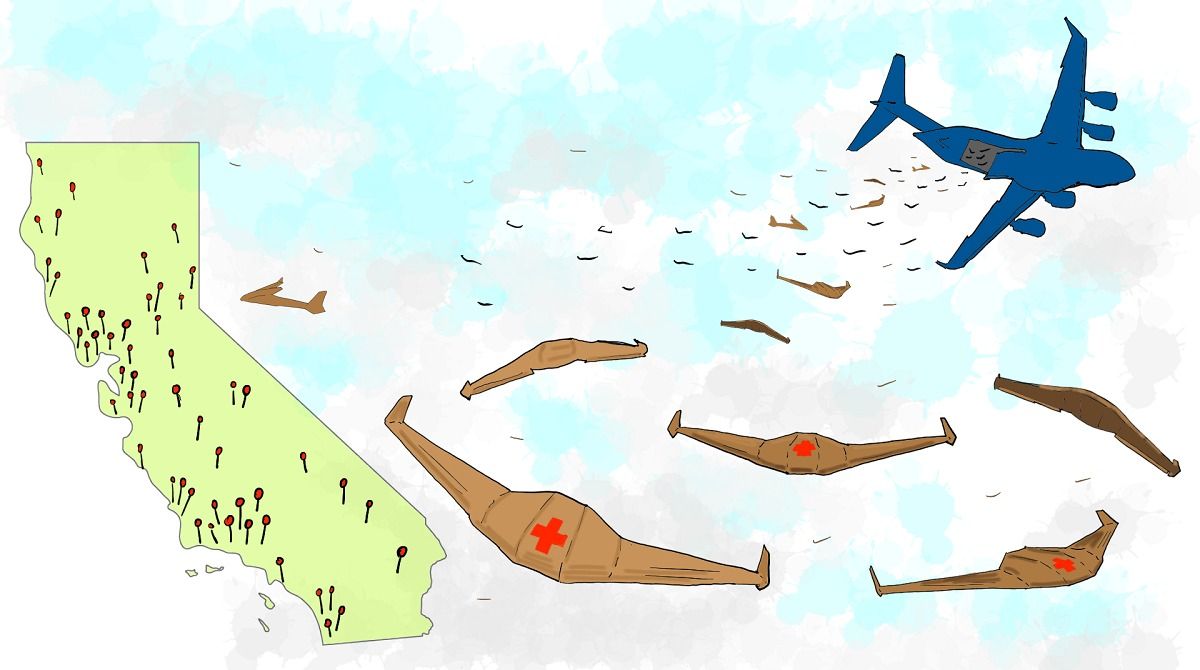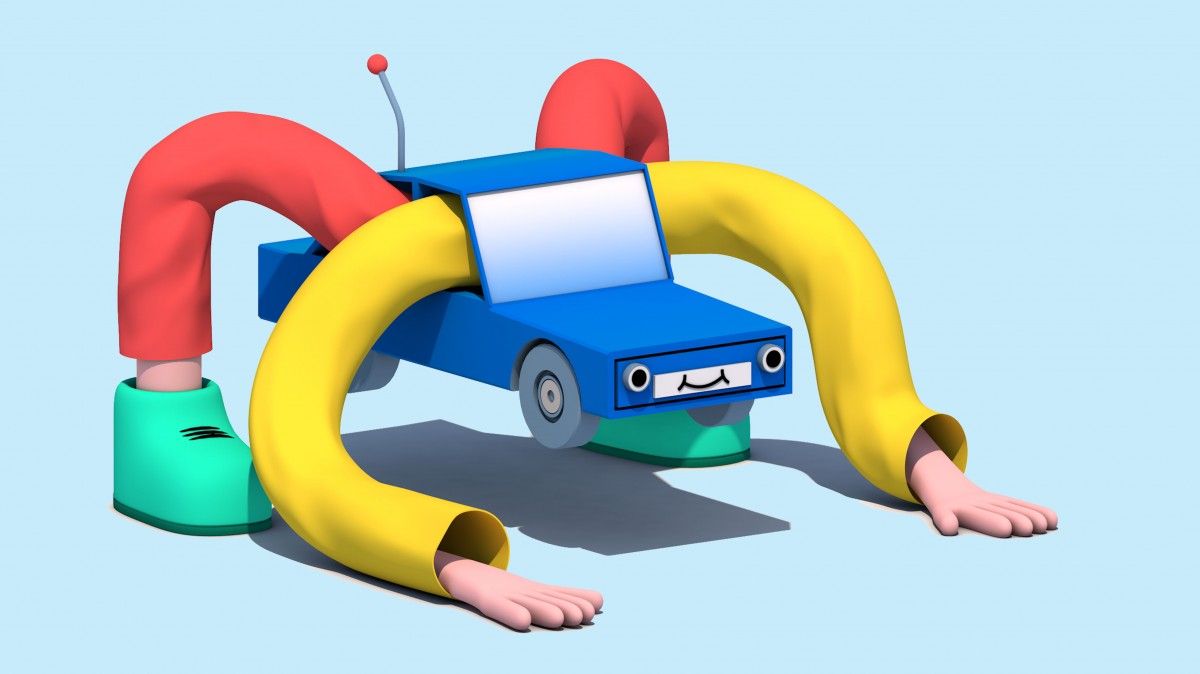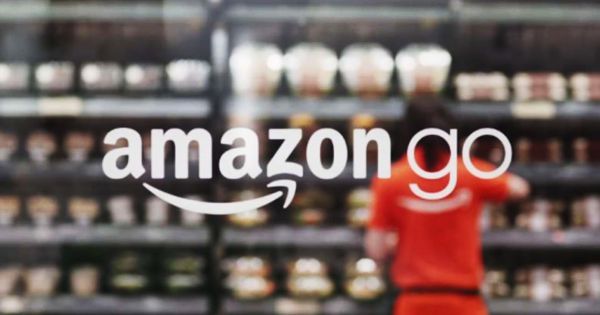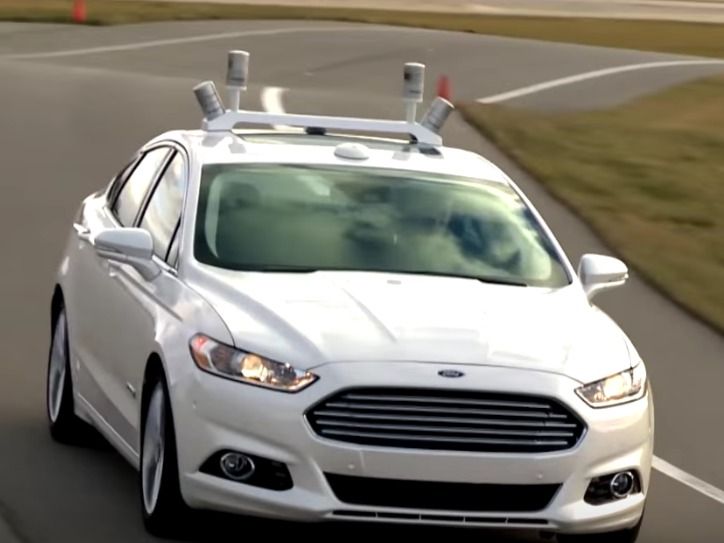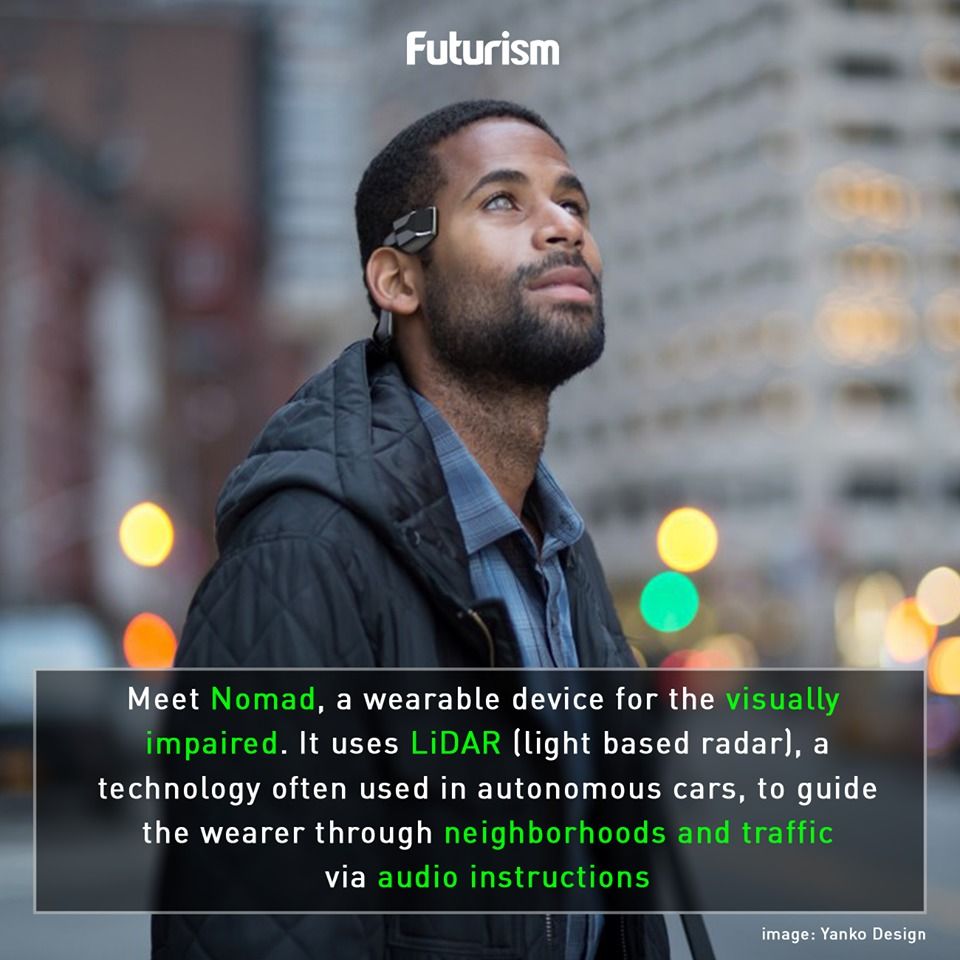Going straight to Level 5 may hurt Ford in the short-term, as competitors will be able to offer some self-driving functionality to customers that want it. However, the decision let’s Ford power on ahead with its driverless dream, which it aims to have on the road by 2021.
Ford plans to skip ‘Level 3’ autonomy and shoot right for Level 5, the highest level of car automation. The automaker decided to skip the midway point after it noticed a few of its engineers dozing while testing semi-autonomous vehicles.
Even with “bells, buzzers, warning lights, vibrating seats and steering wheels, and another engineer in the passenger seat” the engineers struggled to maintain situational awareness, according to Raj Nair, Ford’s chief product development officer.
See Also: Ford rolls out gas- and driver-less fleet of tomorrow
Nair said the more the engineers became comfortable with the self-driving tech, the less attention they paid to the road. This could be a major issue for automakers deploying Level 3 cars, which cede some control to the human driver.
